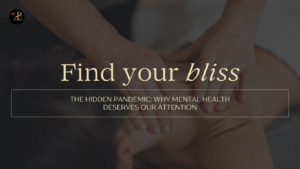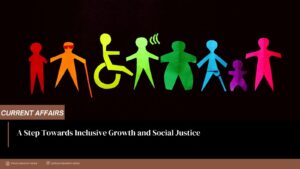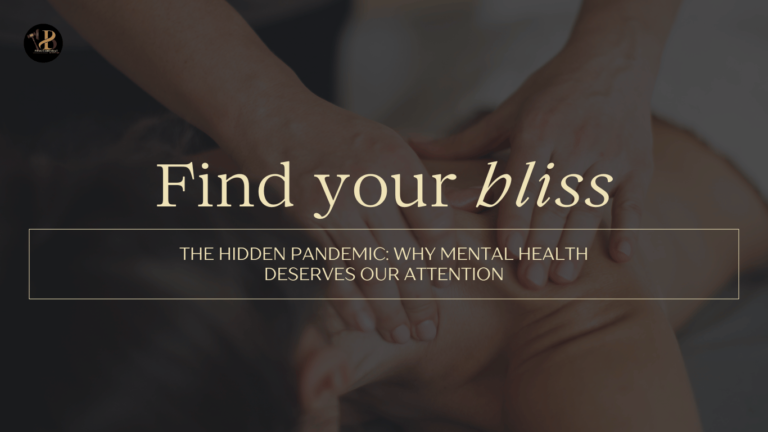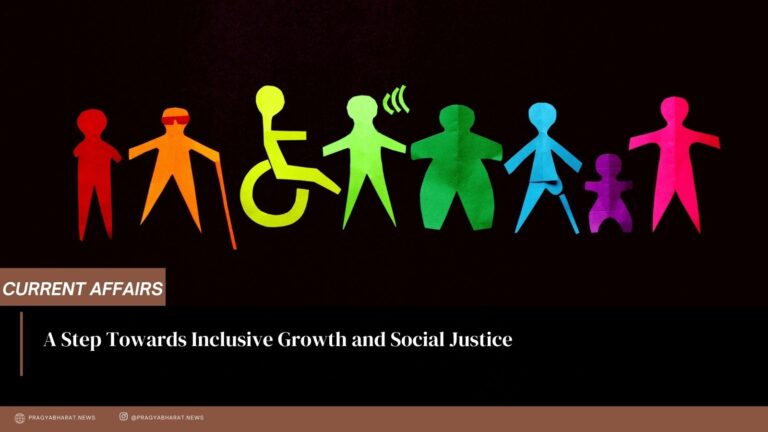By Patil Shweta
We all live in a world where verbal communication is the primary means of exchanging information. In the past, we learned a lot about lifestyle, culture, and other topics through stories and acts. As a result, myths and superstitions flourish. Superstitions and myths have a significant presence in every society. Without a doubt, superstitions can affect even the most intelligent individuals. While some superstitious practices are supported by logical or scientific thought passed down through our ancestors, the majority of myths have no logical explanation.Additionally, some myths were told to the kids purely for their amusement, education, and surprise. All of us were exposed to different myths as children, and as adults, some of us continue to hold onto them while dismissing others.
Occasionally, they’re funny. They can occasionally be irritating or frustrating. They have the ability to annoy you when it’s least convenient. No, I’m not referring to your friends members—good hunch nonetheless! I’m referring to hiccups.
How many of you have heard that hiccups mean someone is missing you?
Image Credit-Pexels
How do hiccups feel? And do we acquire them for scientific reasons?
We try to stop hiccups by drinking water continuously whenever we experience them. However, we were always told that people get hiccups when they are missing or thinking about us. But when I called my friend one day while I was sitting on my terrace, he said he had been thinking of me. Strangely, I wasn’t experiencing hiccups prior to calling him.
When I looked into it, I discovered that the large muscle that rests just below your lungs and above your stomach, known as the diaphragm, aids in breathing. It moves downward to draw air in and upward to force air out of your lungs. Our brain instructs our diaphragm to make these movements even though we don’t have to think about it every time—although we can direct it if we want to: breathe in, breathe out.
On occasion, the brain sends signals that cause the diaphragm to contract more forcefully than usual. Air is drawn into the back of your throat as a result of this sudden, involuntary muscle contraction. As a result of this shift in pressure, the area of your throat closes abruptly and individuals experience a “hic.”
I realised that hiccups are caused by an unconscious reflex. But then I began to question why our brain initially sends a signal to trigger that reflex. Scientists have made efforts to identify a distinct cause, but as of now, we are still in the dark.
Image Credit-Pexels
Although we don’t fully understand why our brains send the hiccup signal, we do know that a variety of situations can cause the reflex.Hiccups have also been connected to irritations like heartburn, spicy food, gastritis, reflux, and ulcers. The tympanic membrane, which vibrates in response to sound waves and gives us the ability to hear, was even found to be the source of one person’s hiccups.
Additionally, we are aware of a few habits that can cause hiccups, such as smoking, exposing ourselves to sudden temperature changes, feeling heightened emotions like stress or excitement, or stuffing our faces with food (with food, alcohol or even air).
When you can’t eat, sleep, or communicate due to constant hiccuping, it can be extremely annoying.
It is undeniable that hiccups are bad for our physical and mental health. Therefore, keep in mind that no one is missing you if you get the hiccups, and Consult a doctor if you frequently experience the hiccup rather than assuming that someone is missing you.















